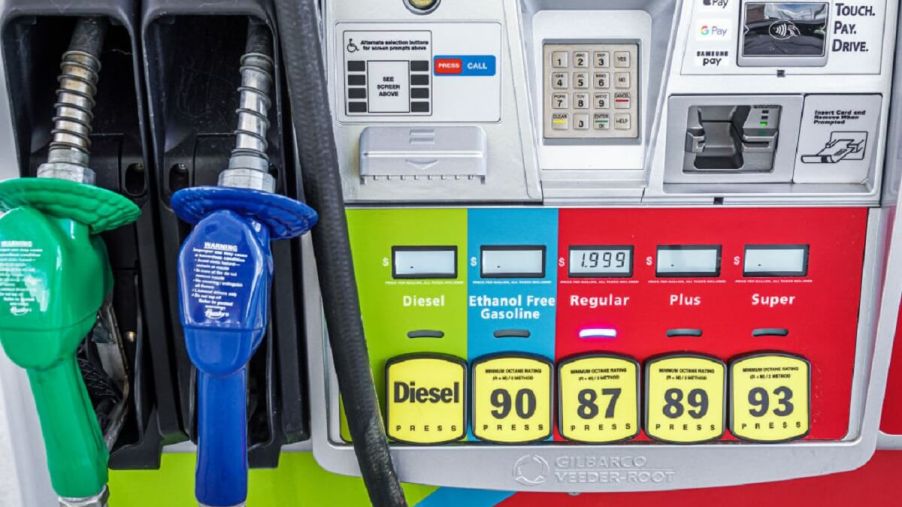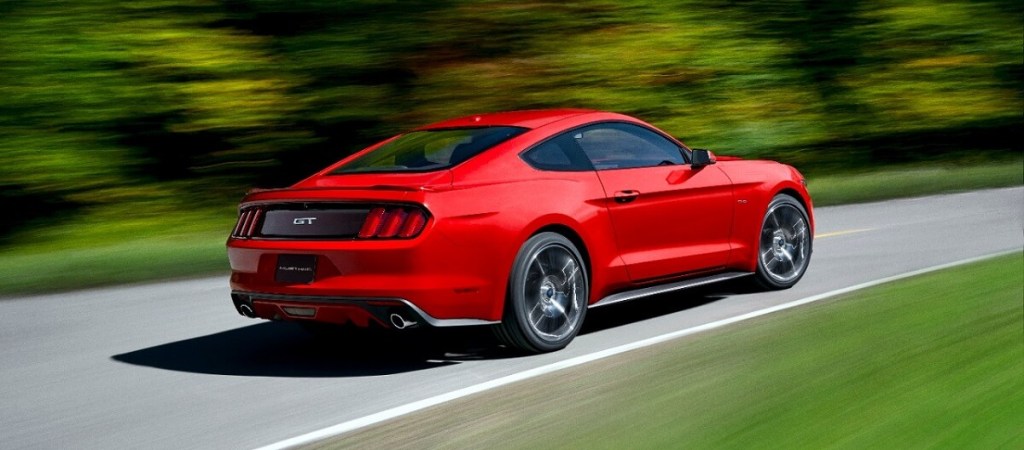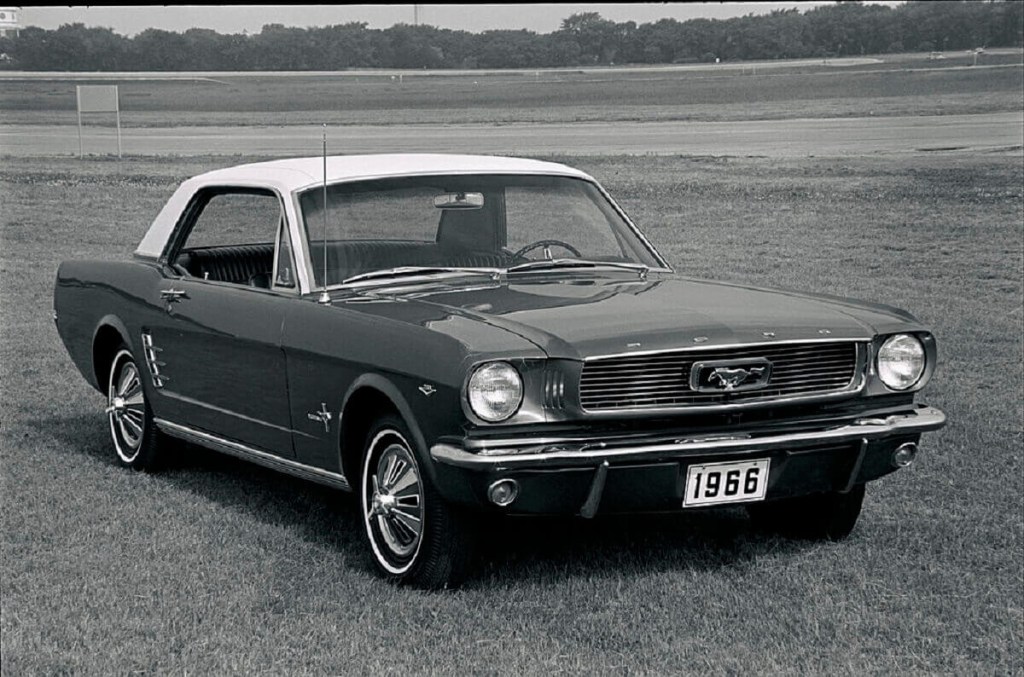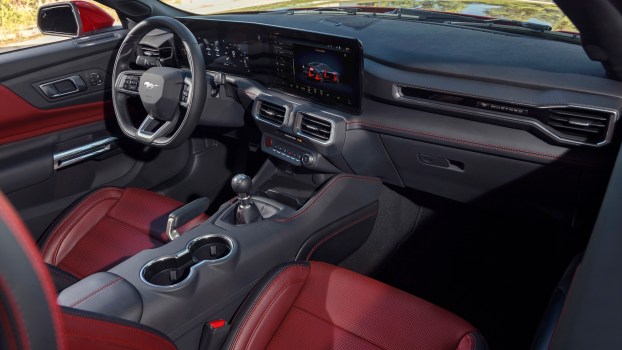
Does the Ford Mustang Need Premium Gas?
Like many performance coupes and convertibles, the Ford Mustang is a common sight at the pumps. However, your cherished pony car might not require the priciest, highest-octane offering at the gas station. So, do new or classic Ford Mustangs really need premium gas, or can certain trims do alright with 87-octane fuel or non-ethanol gas?
Do all Ford Mustang models need premium gasoline?

In short, no, all Ford Mustang models do not require premium gasoline. While owners may tell you they only put 91-octane gas in their Mustang, it’s unnecessary. More premium, higher-octane fuels simply raise the anti-knock index, which means greater resistance to knock.
Moreover, fuel with a higher anti-knock rating will allow a sports car like a Ford Mustang to adjust its timing for better overall performance, per Car and Driver. In addition to some butt-dyno improvements and fewer instances of knock, higher-octane fuels have the potential to raise fuel efficiency. However, looking left of the 91 or 94-octane options won’t necessarily harm your Mustang; it will increase your resistance to knocking and pre-ignition.
Do 5.0 Mustangs need premium gas?

Even with the mighty 5.0L Coyote V8 engine in later-model S197 and all S550 Ford Mustang GTs, premium gas isn’t a must. Instead, bone-stock pony cars can take advantage of the more affordable lower-octane fuel options, like 87. However, many Mustang owners’ manuals implore owners to use premium gas.
Can you put 87-octane gas in a V6 Mustang?
The V6 engine options for the Mustang, like the 3.7L mill in the 2015 model, have a compression ratio of 10.5:1. While a ratio like that puts the V6 at the bottom of the high-compression category, the manual recommends regular fuel; 87-octane gasoline is acceptable for a V6 Mustang.
However, later models ditched the V6 mill and kept the more economical 2.3L EcoBoost trims as an entry-level option. Unlike the V6 model, Ford outright recommends running the 2.3L EcoBoost on premium fuel like 91 or 93 octane.
Can you use 87-octane fuel in a classic Ford Mustang?

While it might make some purists and hot rodders cringe, you can run a classic Mustang on 87-octane fuel. For instance, the 1965 Ford Mustang with a 289 cubic-inch V8 rolled onto roads with an average octane rating of 87.52, per the Department of Energy.
However, there are benefits to opting for premium fuel when heading to the pumps in your classic. According to Steeda, classic Mustangs, like the beloved first-generation models, don’t have the fancy computer protections modern pony cars have. As a result, old-school carbureted Mustangs could be susceptible to knock and damage if owners use low-quality or mixed fuels. Of course, fans should seek non-ethanol gas, as fuel with ethanol contents could be corrosive to components in your classic.
What do you put in your Mustang’s tank? Tell us in the comments below!




